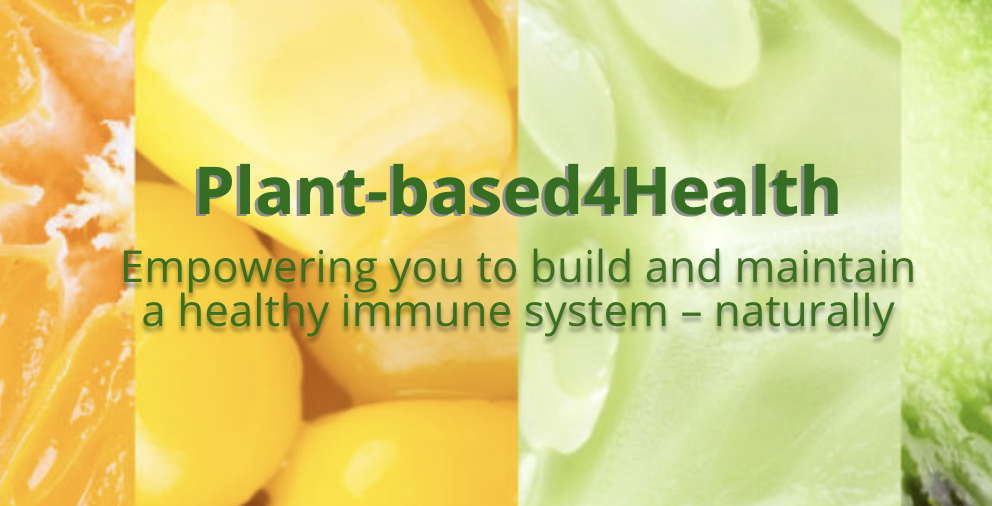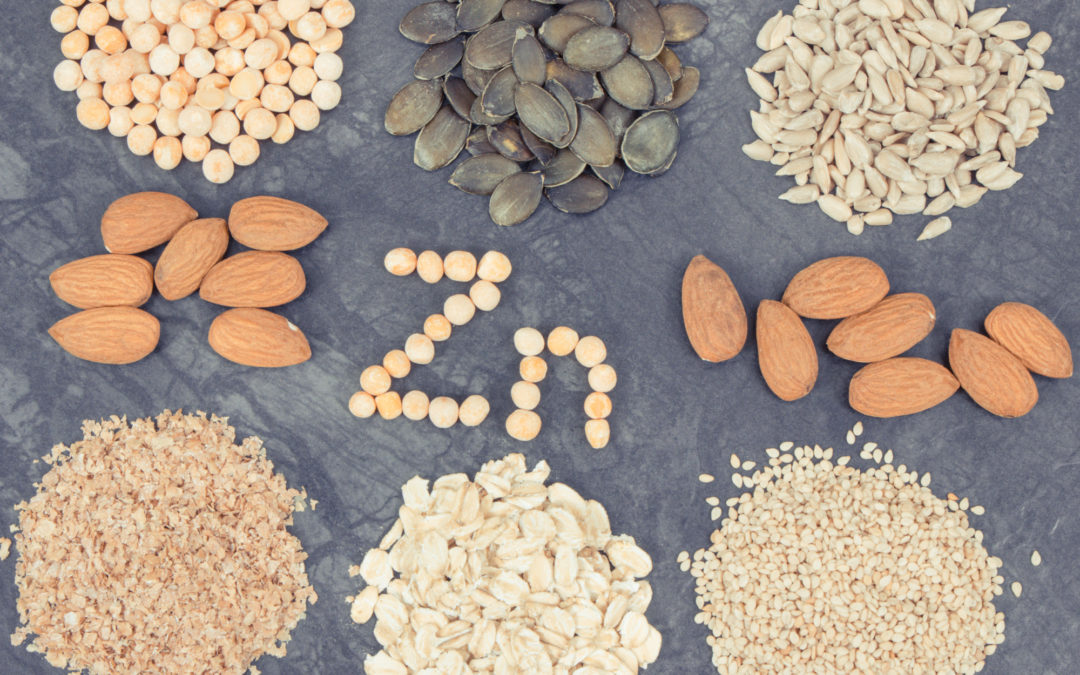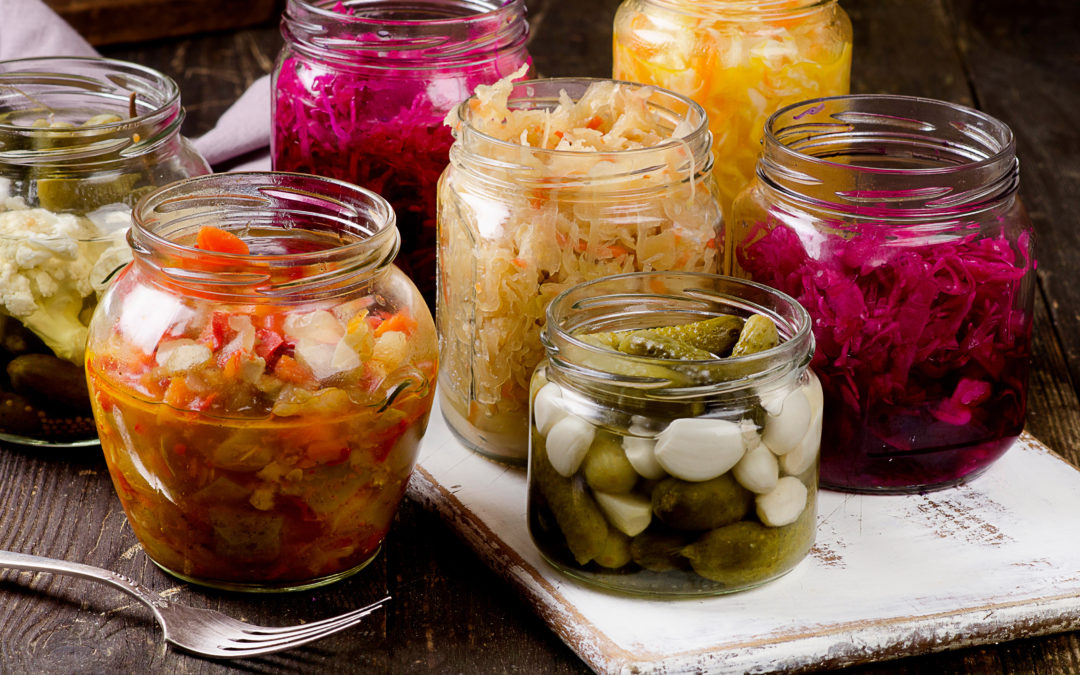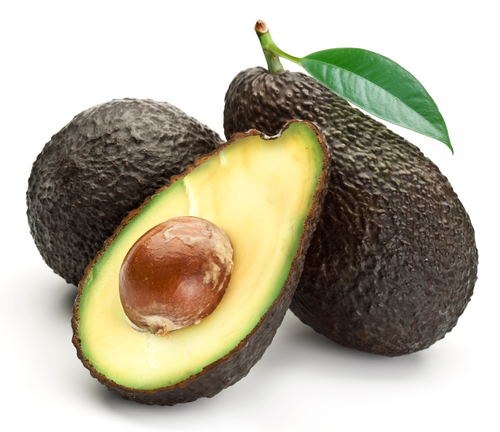
Plant-based4Health.com Relaunches with Focus on Immunity
We are excited to announce that Plant-based4health.com, founded in 2015 by Kathy Parnay and Mary Gospe, has relaunched with a new focus on empowering you to build and maintain a healthy immune system – naturally.
The original goal of the site was to share the story of Kathy’s husband, Stefan, who cured his aggressive prostate cancer at age 47 by adopting a low-glycemic, alkalizing plant-based diet that starved the cancer of sugar and an acidic environment. We invite you to check out our extensive content on Healing Cancer with Food if you or a loved one have cancer or are interested in prevention.
In addition to aiding in the prevention and reversal of cancer, obesity, diabetes, heart disease and high blood pressure, a plant-based diet helps strengthen your immune system. The CDC tells us to wear masks, practice social distancing and wash your hands frequently, but does not mention the importance of maintaining a healthy immune system in the fight against disease.
As we enter the second year of the Covid-19 pandemic, we hope to educate and empower you to take control of your health by learning how to support your immune system through diet, nutrition and lifestyle changes. We encourage you to use plant-based4health as a resource to live a healthy and vibrant life.
We invite you to explore our new site’s rich content, including:
- Immunity 101 and the importance of Vitamin D, Zinc and healthy digestion (where 70% of your immune system lives)
- How to go plant-based, including setting up your pantry and vegan substitutions
- Self-healing tips, balancing your pH, low-glycemic alkalizing foods and healing cancer with food
- How thoughts and emotions influence our health and the benefits of meditation (try our guided meditations)
- Resources and recent articles including Lemon – A great way to boost your immunity and How Probiotics can help ease anxiety and depression.
- Tasty recipes for your plant-based breakfasts, salads and entrees.
We also invite you to subscribe to our mailing list if you’d like to receive our periodic articles in your inbox. [mc4wp_form id=”3577″]
We hope you like the new site and would love to hear your feedback, questions and comments.
To your health!






 We all know exercise is important in creating a healthy lifestyle, but did you know that exercise, in combination with a diet rich in whole plant-based foods, is an important component in the healing process?
We all know exercise is important in creating a healthy lifestyle, but did you know that exercise, in combination with a diet rich in whole plant-based foods, is an important component in the healing process?